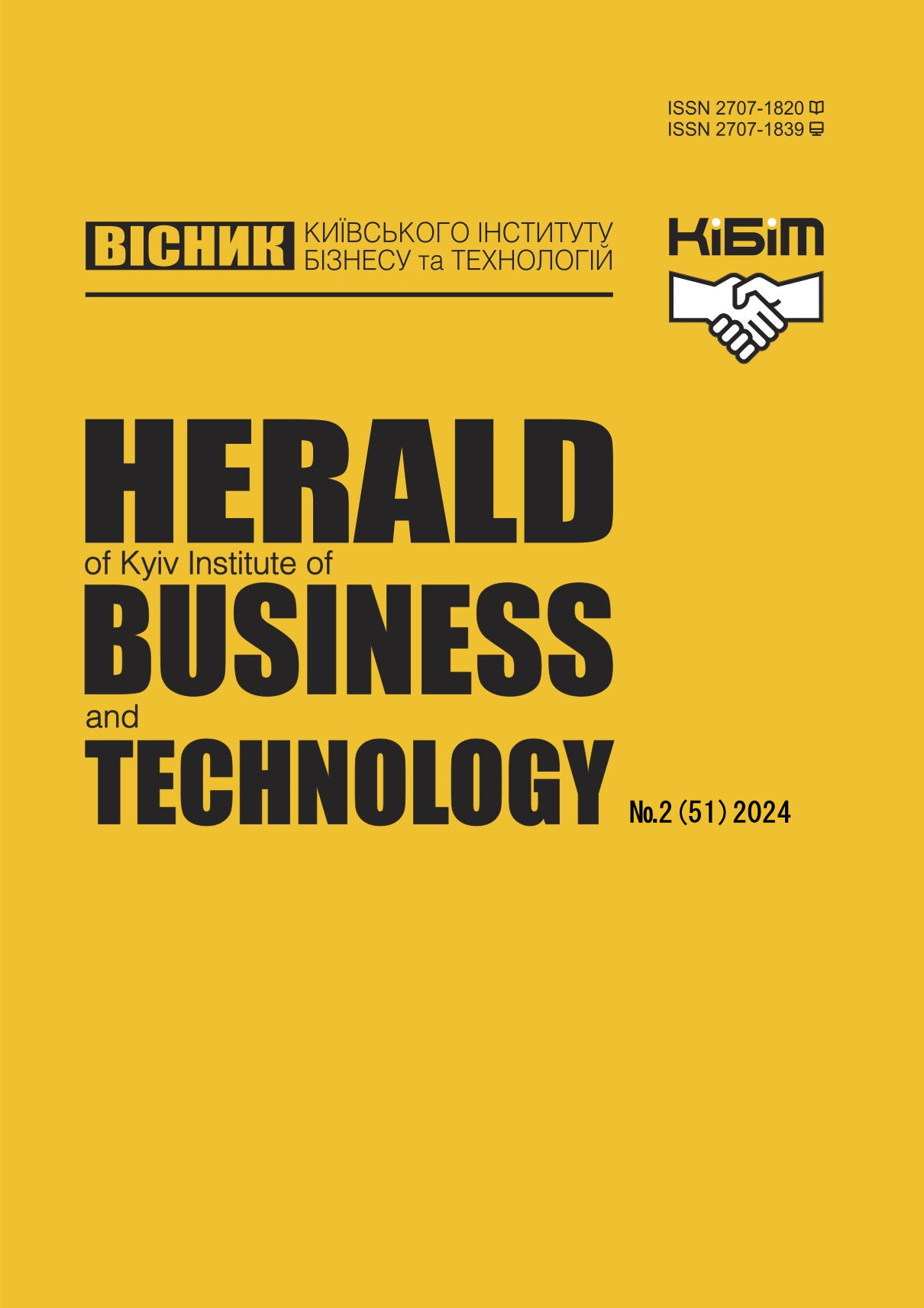PSYCHOLOGICAL ASSISTANCE TO TEACHERS UNDER MARTIAL LAW
Abstract
The article presents the results of the theoretical analysis of scientific sources, empirical research data and the results of practical work with pedagogical workers affected by military events. It has been established that the problem of providing psychological assistance to pedagogical workers in wartime has signs of mass character. The purpose of the article is to identify the specifics of providing psychological assistance to pedagogical workers in wartime. The methods of the study include theoretical analysis of scientific sources, systematization, classification and generalization of the information obtained. It has been found that under martial law, school-age children and the pedagogical staff who interact with them are under the influence of constant stress, suffer physical and mental trauma. The components of the profession of a modern pedagogical worker are singled out and illustrated: psychophysiological, individual and qualification. It is proved that in organizing psychological assistance to pedagogical workers in martial law conditions, one should rely on their qualification component, which includes the result of the formation of the necessary psychological knowledge, skills and abilities, the dynamics of development of professionally important qualities, the specifics and features of the experience of implementing psychological assistance and support. The article summarizes the groups of resources that each pedagogical worker can access free of charge in martial law to receive psychological assistance and support. It is recommended to organize and conduct trainings on activating personal resources.
Currently, one of the important areas of work of the psychological service of educational institutions should be improved - educational activities, which should be aimed at increasing the competence of participants in the educational process (primarily teachers) in the context of providing first psychological aid and mastering modern techniques for its provision, psychological support for children, restoring their mental health, and providing knowledge to create a psychologically safe environment in an educational institution.
References
2. Dziuba, T., Karamushka, L., Halushko, L., Zvyagolskaya, I., & Karamushka, T. (2021). Mental health of teachers in ukrainian educational organizations. Mental Health: Global Challenges Journal, 4 (2).
https://doi.org/10.32437/mhgcj.v4i2.123
3. Mishchuk, S. (2019). Vidchuzhenist yak tsentralnyi fenomen psykhotravmivnoho protsesu [Alienation as a central phenomenon trauma process]. Psykholohichnyi chasopys, 5(12), 137-151. https://doi.org/10.31108/1.2019.5.12 [іn Ukrainian]
4. Nychkalo, N., Muranova, N., Voliarska, O., & Matulcikova, M. (2024). Integration of ukrainian children and youth using digital tools in the educational environment of Slovakia. Information Technologies and Learning Tools, 101(3), 150-163. https://doi.org/10.33407/itlt.v101i3.5657
5. Omelchenko, Y. (2022). Рeculiarities of psychological assistance to children in war conditions. Kyiv Journal of Modern Psychology and Psychotherapy, 3, 52-67. https://doi.org/10.48020/mppj.2022.01.04
6. Omelchenko, Ya. (2020). Tekhnolohiia rozvytku zhyttiestiikosti ditei viiskovosluzhbovtsiv, shcho maiut proiavy PTSR, zasobom vidnovlennia spryiatlyvoho psykhoemotsiinoho kontaktu u rodyni [The technologies of hardiness development in children of the military with PTSD by restoring positive psychological and emotional contacts in family]. Tekhnolohii psykhoterapevtychnoi dopomohy postrazhdalym u podolanni proiaviv posttravmatychnoho stresovoho rozladuІ, 87-114. Slovo. [іn Ukrainian]
7. Panok, V. (2023). Psykholohichni doslidzhennia v umovakh viiny: problemy i zavdannia [Psychological research in war conditions: problems and tasks]. Visnyk Natsionalnoi akademii pedahohichnykh nauk Ukrainy, 5(1), 1-12. https://doi.org/10.37472/v.naes.2023.5133 [іn Ukrainian]
8. Palamar, B., Hrynevych, L., Khoruzha, L., Bratko, M., Palamar, S., Muzyka, O., & Leontieva, I. (2023). Psychoemotional problems of participants in the educational process under martial law. From emergence to overcoming. Wiadomoci Lekarskie Medical Advances, 76(4), 778-785.
https://doi.org/10.36740/WLek202304112
9. Slone, M., & Mann, S. (2016). Effectsofwar, terrorism and armed conflictonyoung children: Asystematicreview. Child Psychiatry Hum Dev, 47(6), 950-965.
10. Stavraki, M., García-Márquez, R., Bajo, M., Callejas-Albiñana, A. I., Paredes, B., & Díaz, D. (2022). Brief Version of the Ryff Psychological Well-Being Scales for Children and Adolescents: Evidence of Validity. Psicothema, 34(2), 316-322. https://doi.org/10.7334/psicothema2021.235
11. Vozniuk, A., Vasilega, O. (2022). Psychological first aid: methods and techniques of self-help and helping others in stressful situations. Psychological help during the war: Innovative technologies in the work of a practical psychologist (materials of the 5th International Scientific and Practical Conference, May 31, 2022, Sumy). Ch. 2. NVV KZ SOIPPO, 36-41.





